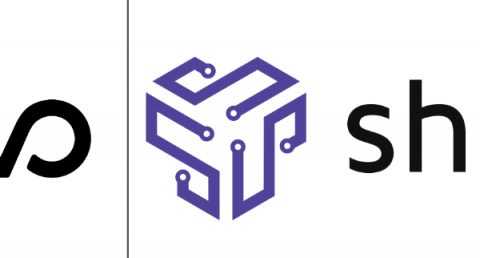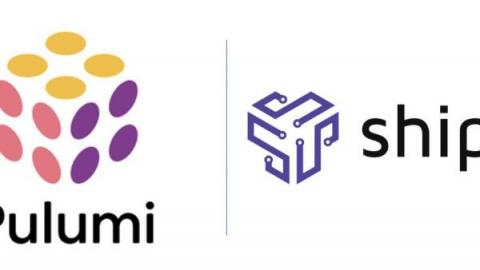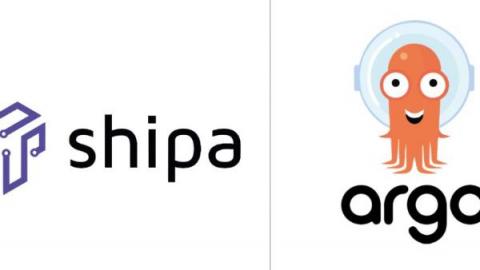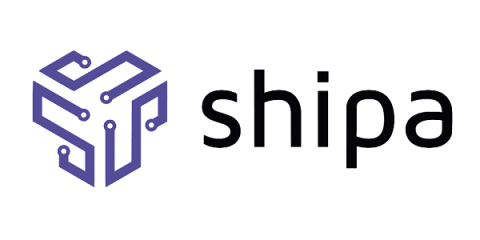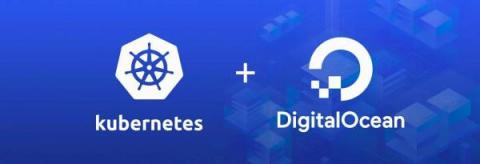Shipa Now in the Civo Marketplace
Shipa is now for the first time in the Civo Marketplace. If you are unfamiliar with Civo, Civo is a Kubernetes-based cloud provider allowing for the rapid creation of Kubernetes clusters. The engineering efficiency and developer experience that Shipa brings can supercharge your Kubernetes experience on Civo. Now you can spin up a Shipa Control Plane e.g Shipa Self-Managed with a click of a button on Civo Cloud.


